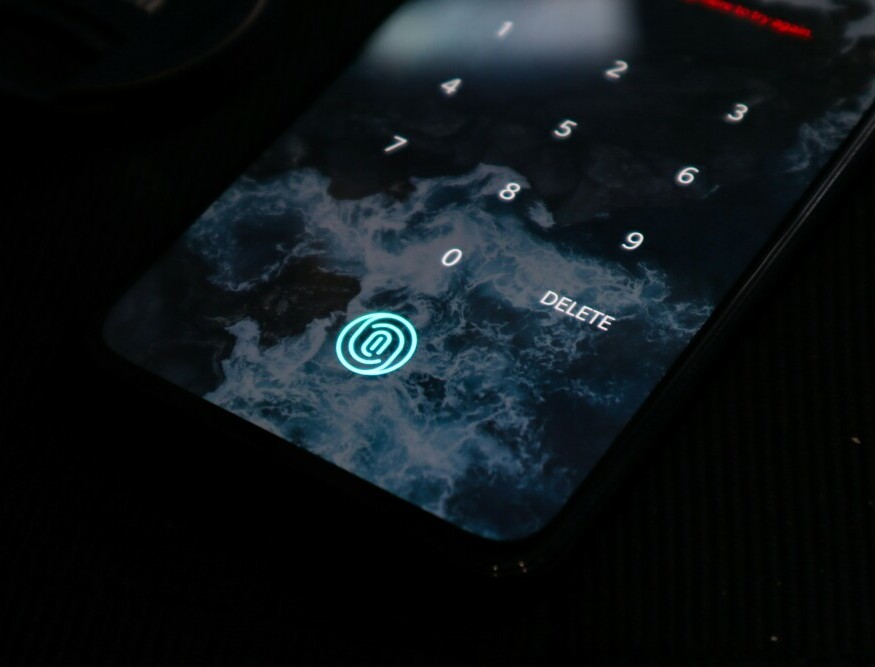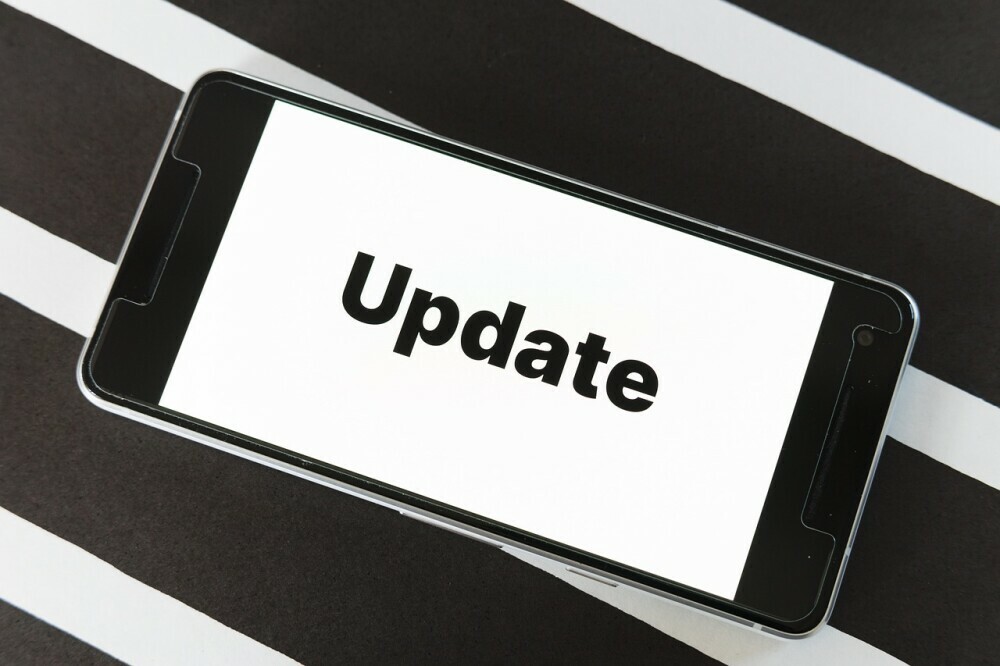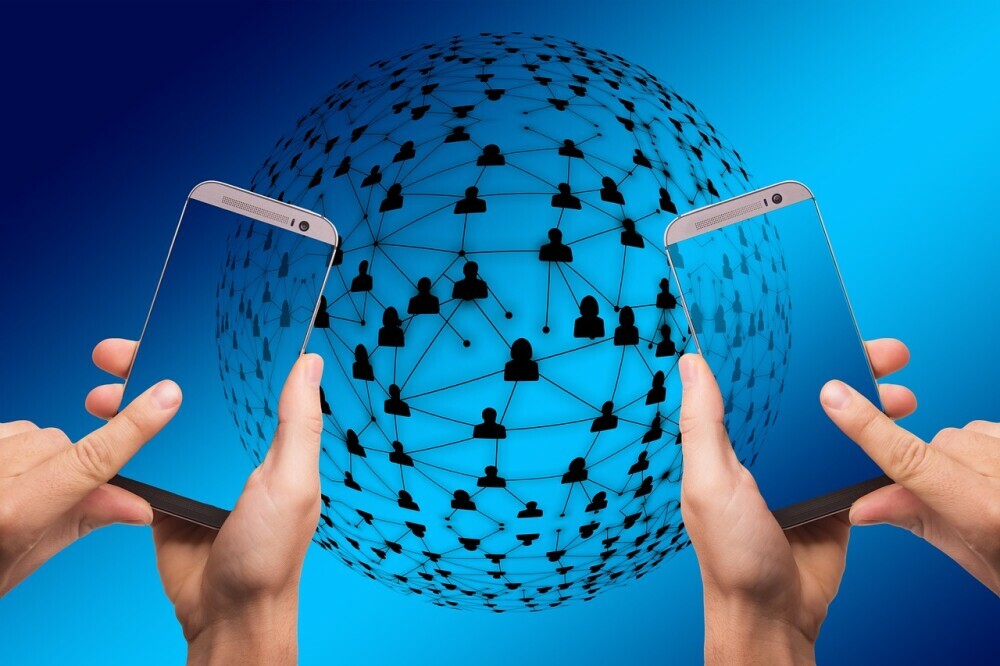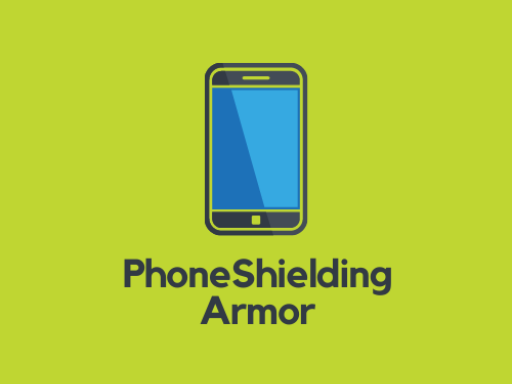The App Store And Google Play Store Are Counterparts Of Each Other
As many phone users know, if you want to get an app, there’s a certain place to get it. There’s a distribution service for iPhones many people know as the App Store. There is also distribution service counterpart for Android users known as the Google Play Store.
As we all know, both of these digital stores have vast number of apps a user can choose from to download. They are both among the largest leading digital distribution services in the world.
It’s interesting to note that both of these stores also act as their own separate app. It’s amazing how apps being as massive as they are, can fit such a large volume on their platforms.
That proves that when digital technology is advanced enough, a large amount can be compacted to fit in one undefined space.
Phones Have Ways Of Acting Strange
Phones are sensitive in numerous ways. A phone’s sensitivity can be further compromised and complicated depending on the circumstances.
Reasons always vary. There could be just one specific reason or multiple reasons at once. It’s not always easy to determine whether it be from a professional perspective or not.
Getting to the root of the problem is not always easy because when you think you know what the problem is, it might actually be something different from what you originally thought.
Although it’s possible for some problems to solved quickly, it’s never always easy. Sometimes it can take longer to understand what’s happening with a phone whether it be internally or externally.
Because phones are smaller in size with a great amount of function that goes into them, that’s what makes problem-solving all the more challenging.
Since the focus is more on why apps seemingly open on their own, they can also have their fair share of complications behind them. Some are easier to narrow down while many others may take more time.
Why Does It Happen?
As mentioned before, phones have many ways of being sensitive. One way is by touch or any direct body contact. This is especially true with touchscreen phones.
This can get further complex. If the phone screen is on, there could be increased chance of phone activity. Something might be bound to happen on accident.
There can be numerous scenarios. You could have your phone in your pocket and the screen might be on. If that were to happen, it can increase the friction between the phone and the human body.
When there’s no body contact, other possible obstructions can include phone cases and screen protectors.
When friction is involved, it can lead to a possible cause for one or more browsers to open. The same can apply for apps and other icons.
This can all be done unintentionally and without actually touching. All of these possibilities can be referred to as “ghost touching”.
Issues with phone software can also play a role in involuntary app or browser openings. Aside from it using internal storage, software can possibly cause corruption depending on what kind it is.
Phone viruses can be a possible contribution despite them happening less commonly. That still doesn’t mean that they don’t happen.
Although it’s less regarded, phone hacking can easily turn into a big problem. Hackers are always looking for ways to penetrate sensitive data.
Phone hardware can also have an involvement. When any of a phone’s physical properties are compromised, it can cause unwanted triggers.
This could be from a cracked phone screen, friction due to outer layer phone protection, unseen obstruction, change in electric or magnetic properties, and other possible complex factors.
Unsurprisingly, there can also be other unexplained reasons that are more difficult to uncover and solve. Added insight based on user experience can help uncover even more.
What Are Ways To Resolve It?
Keep in mind that there are differences between Androids and iPhones and so not all steps are exactly the same. The user will need to be familiar with what kind of phone he or she has.
It’s also important to consider a phone’s overall condition including age, physical properties, and internal properties.
Before considering the thought of seeking professional help from your phone carrier in store, there are some ways you can implement it in an effort to discover the root of the issue.
You can restart your phone, update your operating system based on what kind of phone you have, check that the phone’s apps are updated and current, check your phone setting and reset them if necessary, and restoring backup.
If your phone reaches the point where it’s no longer possible to control it physically, seeking professional help is necessary. If it’s to the point beyond any and all professional help, then it may be time for a new phone.
Was this helpful? Would you like to share your thoughts? Any and all are welcome. Additional updates are eventually made as new information becomes available. Thank you, dear readers!

10 replies on “What Causes My Phone To Open Apps On Its Own?”
Tyre, this piece on phantom phone antics is spot on with what I’ve been wrestling with! My kids’ apps opening randomly had us thinking our house was haunted, not just the phones. 😄 I’m curious, in your research, did you find any specific apps or settings that are notorious for causing more “ghost touches” than others? Also, for us dads trying to keep the family tech in line, any tips on preventative measures to avoid these issues in the first place? Balancing screen time with my kids is tricky enough without the phone throwing curveballs. Thanks for shedding light on this digital mystery; it’s great to have a potential explanation to share during dinner without sounding like I’m making up ghost stories!
Hello, Kyle! To be honest gathering information from as many directions as possible can be a bit more challenging than you might think. Research is easily time-consuming.
As far as “ghost touching”, I haven’t yet come across any apps that cause it often enough nor is it easy to make comparisons. Other types of indirect contact can potentially have some kind of involvement.
Although there’s always bound to be new reasons, I did list some options that can be tested just in case it happens. Those options are just near the end of the reading. Have you tried them?
Thank you for your questions!
The phenomenon of smartphones opening apps on their own can be quite perplexing and even eerie at times. It’s almost as if our devices have a mind of their own, spontaneously launching apps without any input from the user. This behavior can leave us feeling unsettled and questioning the technology we rely on so heavily. From randomly opening a music app in the middle of the night to launching a social media platform when we least expect it, these occurrences can be both frustrating and fascinating. It raises questions about the underlying mechanisms of our smartphones and the extent of their autonomy.
Great article I look forward to reading more of your content!
It can be strange that electronic devices can be oversensitive for inexplicable reasons. There’s always thoughts and questions that center around it.
We can never always understand it because not everything can be in our control. What’s more is when and how much of it happens. Unpredictability can be a real mind bender. I hope to discover more.
The post delved into a problem I’ve been experiencing with my smartphone: apps opening on their own. It’s reassuring to know that others are facing similar issues, and the comparison between the App Store and Google Play Store helps put the magnitude of the problem into perspective. The exploration of potential causes, such as physical factors like friction and software issues like viruses, sheds light on why this might be happening. I appreciate the practical solutions offered, like restarting the phone and updating software, as they provide some hope for resolving the issue. The acknowledgment of differences between Android and iOS devices also helps tailor the solutions to my specific situation. Overall, this post has given me a better understanding of the problem and some steps I can take to address it, which is a relief. I was truly worried I was being spied on. Now what do you know about my phone automatically, out of nowhere, (I was not even holding my phoen) telling me my Amazon driver is on the way when I am signed out of the Amazon app and Amazon in my browser?
It’s always challenging balancing the ratio between problems and solutions. There’s always bound to be something new that comes up. It’s just a matter of when and what.
Now, I’m not sure what you mean in the last sentence you wrote. Is that all one question or is it two separate questions? I hope I can weigh in on it once I understand what you mean.
Thanks for all these explanations of why a phone opens apps on its own. I think my phone seemingly does that, but when I examine the situation, the reason isn’t all that mysterious. As you pointed out, the phone screen may still be on and as it’s in my pocket or I’m holding it by my side, I accidently tap an app. It can be embarrassing if you are in a meeting and then it plays sound when it opens (done that)!
You provide some good answers on how to resolve the situation.
Great informative post!
– Scott
Thank you again for reading, Scott! I hope it helps!
Hey Tyre,
This post is a lifesaver! It’s frustrating when your phone starts opening apps on its own, and this article provides valuable insights into the possible causes behind this issue. Understanding the reasons, such as software glitches, touch screen sensitivity, or even malware, can help troubleshoot and resolve the problem. The article offers practical tips and solutions to prevent unwanted app openings, ensuring a smoother user experience.
Thank you for sharing this informative piece that helps us regain control over our phones!
Marios
Hi, Marios!
I’m happy that I can share all of this. Not surprisingly, there are always going to be new things that can come up that no one’s ever heard of before. Then more updates can happen. Something new is often happening.